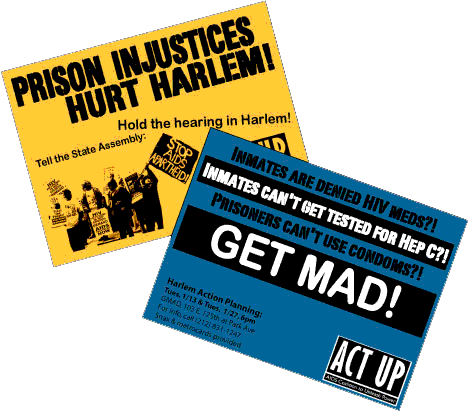New hope in the battle against hepatitis C
The Daily Tribune (dailytribune.com),
Serving Southeastern Oakland County
Saturday, June 18, 2011
By Maryanne Kocis MacLeod
Daily Tribune Staff Writer
More than 4 million Americans are living with Hepatitis C, an infection caused by a virus that attacks the liver causing inflammation. The vast majority don’t know they have it.
“Hepatitis C can lead to liver failure, cancer and the need for transplant, and for the past decade, the best we could offer patients was a year of difficult treatment that resulted in a viral cure for fewer than half,” said Ira Jacobson, M.D., chief of the division of gastroenterology and hepatology, Weill Cornell Medical College. Jacobson is also the principal investigator in a recent study of a new, FDA-approved drug, INCIVEK, shown to cure 79 percent of those treated.
“This is a major leap forward in the battle against Hepatitis C,” said Stuart Gordon, M.D., director of hepatology at Henry Ford Hospital in Detroit. “Treatment results in the irradiation of the virus, which is quite remarkable. When people achieve this cure, physical damage is reversed.”
As a result, Hepatitis C, contracted through blood transfusions before 1990 or sharing dirty needles, is perhaps the only viral infection that can currently be cured, Gordon said.
“In the next five years, we’ll probably have this disease licked,” Gordon said.
That’s an especially relevant development given the current progression of the disease.
“As this group of patients gets older, the problems get worse,” Gordon said. “We could have dire circumstances over the next decade if we don’t turn this around.”
Commerce Township’s Robert Kress is one of the lucky ones.
Like the majority of patients, Kress did not know he was infected until about four or five years ago, when a Red Cross worker uncovered an anomaly in his blood.
“It was shocking,” said Kress, 60, a DTE lineman for the past 41 years. He traced the infection back to a blood transfusion he received in his mid-20s as part of treatment for a collapsed lung. “You conjure ideas of how life is going to continue. You expect to live a long, healthy life. Then suddenly you find out: Maybe it’s not going to be a great senior year.”
Through education, Kress learned that Hepatitis C was treatable but not curable. Under Gordon’s care, he started the standard treatment, which includes pegylated-interferon and ribavarin, designed to keep the virus in check — to a point.
“I never had to take time off work, but it does zap your energy level,” Kress said.
After being invited to participate in the blind study — “I didn’t know if I would get the new drug or not” — his energy level continued to lag. Although he developed a common allergic reaction to the new drug — extreme itching — and had to stop treatment before the trial was complete, Kress has been virus-free for one year.
“The regiment is fairly complicated,” Gordon said. “INCIVEK has to be administered in combination with the standard two-drug treatment, via injections a few times a day. It takes a motivated patient, committed for the entire course of therapy, 24 to 48 weeks, depending on a patient’s response.”
“I feel great,” said Kress, whose energy has returned to pre-treatment levels. “We live on a lake and enjoy water sports; we’re traveling again, and around the house I can do everything I’m told to do.”
That includes repair work and painting. Most recently Kress and his wife Gail remodeled their kitchen. In July, they’re planning to take a trip to the East Coast in their motor home.
“We are so pleased with the course this treatment has taken,” Gordon said. “We are offering hope.”

































No comments:
Post a Comment